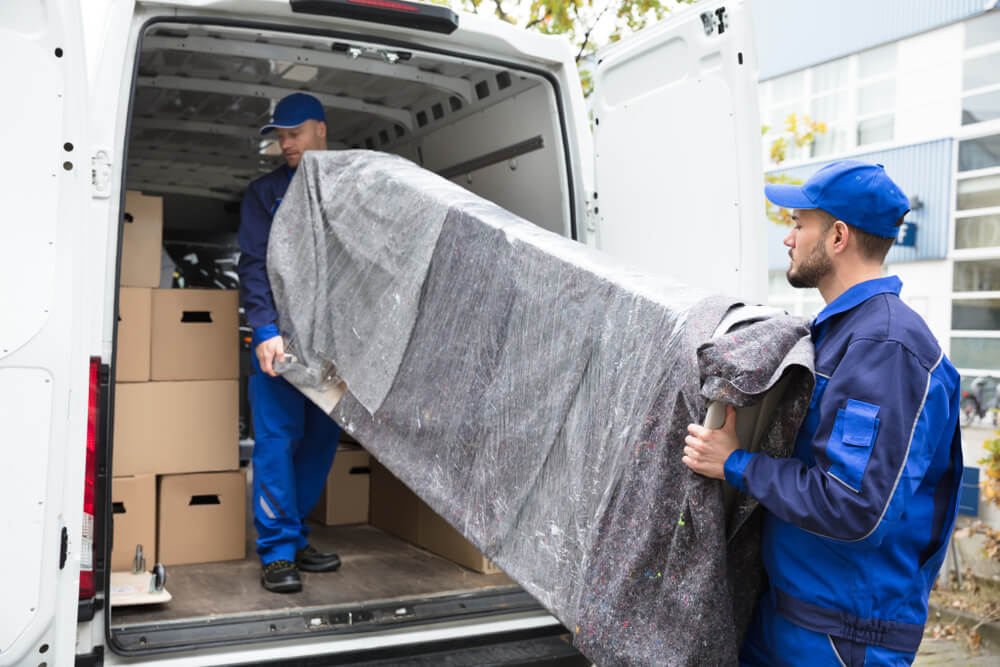Welcome to our Don’t Miss Round-Up newsletter! We’re thrilled to share our insights and knowledge on the increasingly relevant topic of de-escalation training. So, buckle up and prepare to dive into a world where serenity comes before aggression and safe solutions triumph over conflict.
Defining De-Escalation: Understanding Conflicts from the Inside Out
What is de-escalation training? No doubt you’ve heard the term thrown around, especially in circles of healthcare professionals, law enforcement, social care handlers, and anyone dealing with people in distress. Well, de-escalation is more than just a buzzword. Its purpose? To equip individuals with the skills to safely, calmly, and effectively diffuse potentially volatile situations. Think of it as a toolkit of diplomacy for life’s tough moments.
Tackling Challenging Behavior with IKON Training
The need for a structured, comprehensive de-escalation training program has never been more pressing, especially given the rising tide of challenging behavior and violence. Enter IKON Training, a leading provider of de-escalation training committed to equipping individuals with the necessary skills to tackle tricky situations head-on. With a proven track record in fields such as healthcare, law enforcement, and social care, IKON encapsulates the importance of helping those in distress while ensuring personal safety.
Why De-Escalation Matters in Healthcare
As healthcare professionals, maintaining patient safety is paramount. The importance of de-escalation training in this sector hits a high note, where handling patients in distress and mitigating malpractice risks are daily concerns. CPI, or Crisis Prevention Institute training, is therefore a crucial part of the healthcare curriculum. It focuses on de-escalation techniques designed to protect both patients and healthcare workers alike.
Moving Past Conflict with PBS
Positive Behavior Support (PBS) is another essential component of de-escalation training. It offers knowledge, tools, and techniques to navigate complex behaviors with a focus on understanding and addressing the root causes, not just the symptoms. Sound like your cup of tea?
The Sergeant’s Tale: De-escalation Training and Law Enforcement
When it comes to law enforcement officials like our neighborhood sergeants, conflict resolution skills can mean the difference between peaceful resolution and unnecessary violence. In these critical settings, knowing how to de-escalate tense situations is not just a necessity – it’s a responsibility.
De-escalation Training: An Evaluation of Its Effectiveness
Gauging the effectiveness of de-escalation training isn’t just about tracking a decrease in violent statistics. It’s also about checking if professionals are more confident, patients are happier, and workplaces are safer. Because when we value safety, we value people.
VAT, Price, and the Feasibility of De-escalation Training
One challenge when implementing de-escalation training can be the price. However, let’s look at it this way: can we truly put a price tag on safety, security and peace of mind?
De-escalation and Mental Health: A Dynamic Duo
Understanding and managing mental health issues can be tough. However, with focused de-escalation training, professionals can enhance their ability to interact effectively with individuals facing mental health crises, minimizing distress, and restoring tranquility.
The United Front: Working Together to Combat Aggression
Finally, we all need to understand that de-escalation isn’t a solo act. It requires collective efforts from all sectors – healthcare, law enforcement, social care, and the United individuals out there committed to creating safer, happier communities.
Wrap-Up
In conclusion, the power to de-escalate lies within each of us. With an understanding heart, a calm demeanor, and the right de-escalation training, maintaining peace isn’t so far-fetched. So, are you ready to make a change and become a master of conflict resolution?


